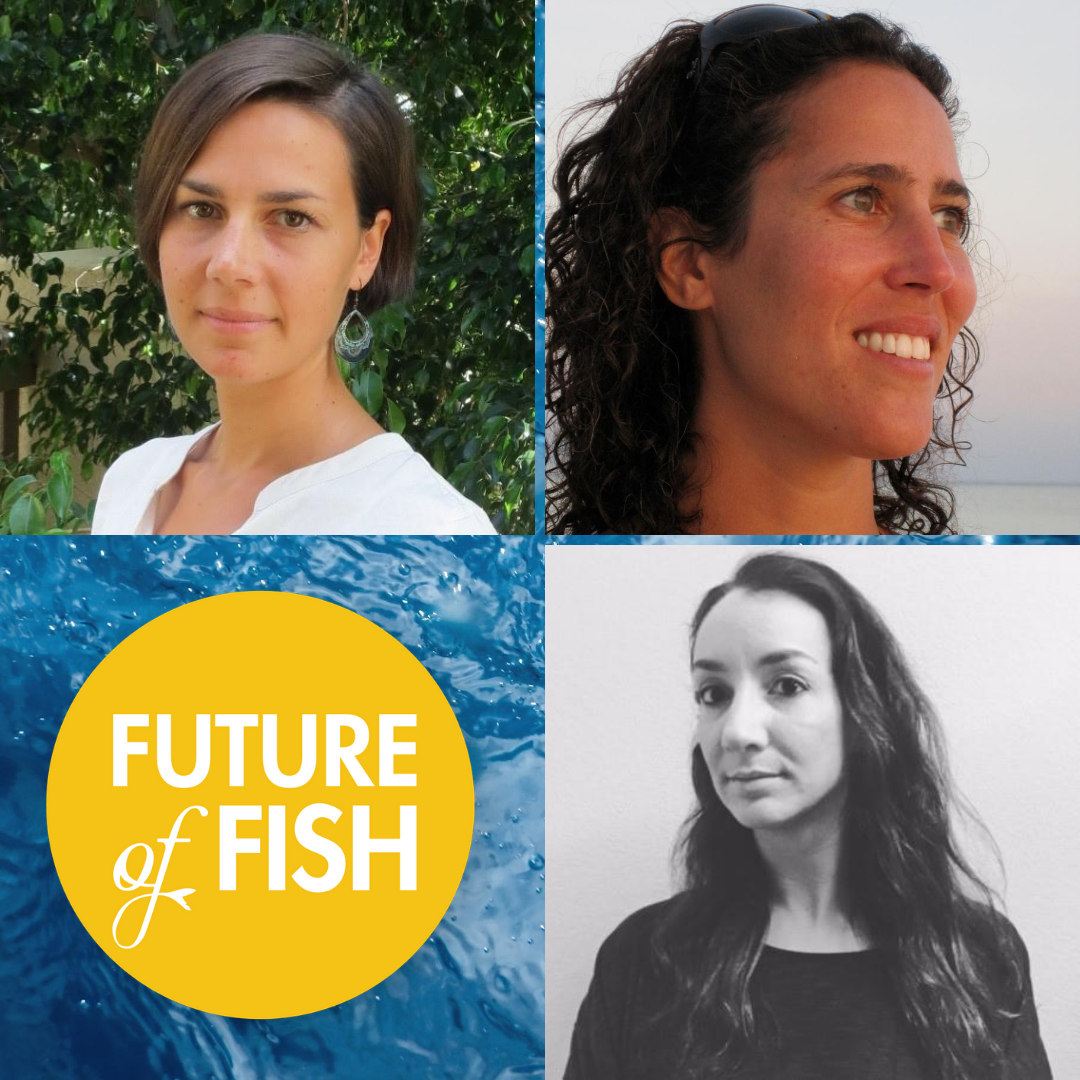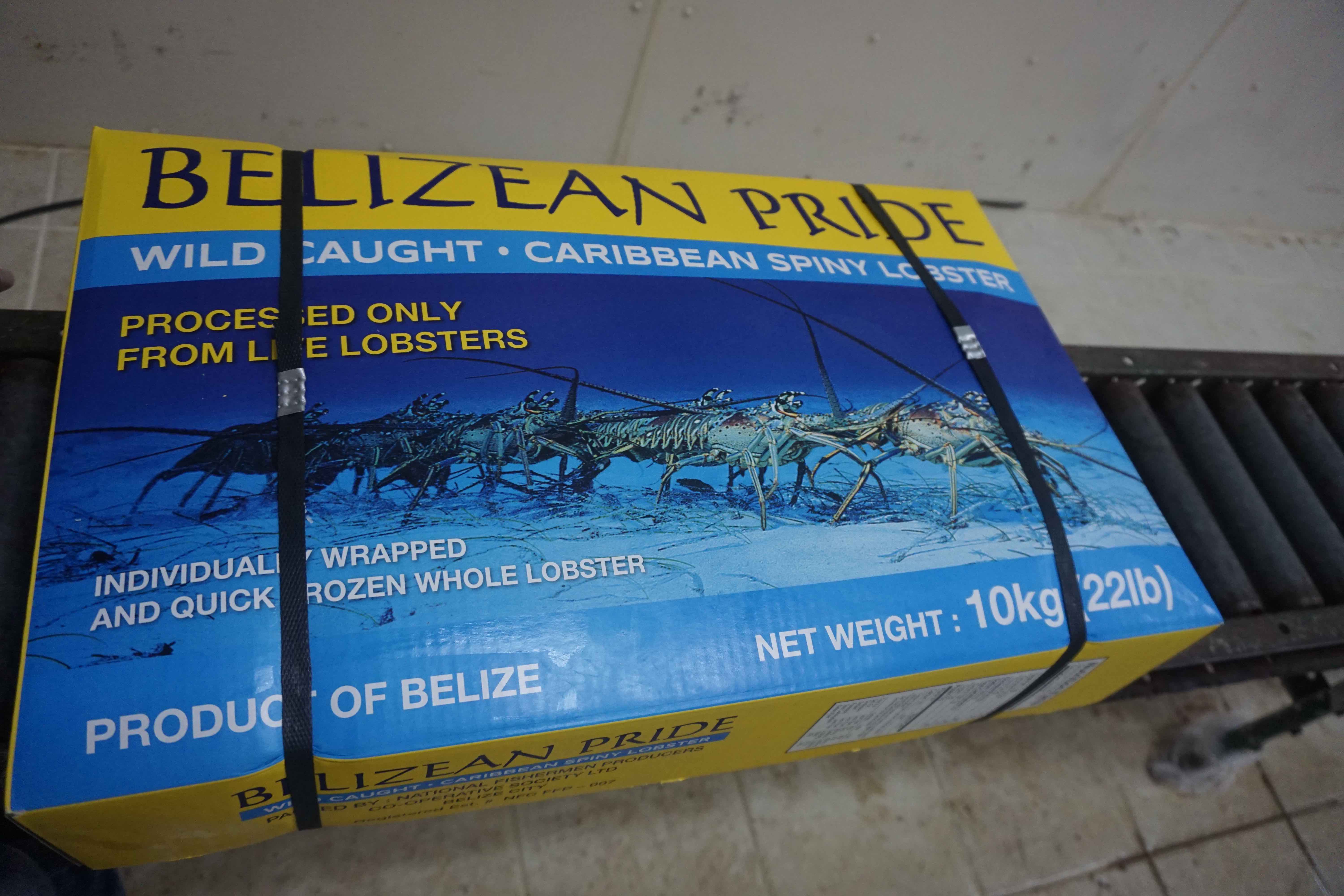
Q&A with SALT's small grant recipient: Future of Fish and Helen Packer
Future of Fish and Helen Packer team up!
Meet one of SALT’s small grant recipients, Future of Fish (FoF), who partnered with Helen Packer (formerly from Anova)! SALT recently initiated a small grants program to catalyze work towards SALT’s objectives, and expand our learning opportunities in the field of electronic catch documentation and traceability (eCDT). This program supports international projects that address the challenges of implementing eCDT around the world. Future of Fish brings fishing communities, funders, and seafood businesses together to build strategic partnerships and scalable solutions to end overfishing. We checked in with their team to hear a bit more about their exciting traceability work.
SALT: Can you tell us about your organization?
FoF: Future of Fish has worked to identify barriers and opportunities for advancing electronic data systems in seafood supply chains and most recently, government fisheries agencies. As experts in complex problem solving, we have conducted more than 200 interviews with seafood business leaders, industry, technology vendors, NGOs, and government officials across a dozen distinct projects. We want to identify what is working, where initiatives and individuals are stuck, and develop strategies and resources to accelerate greater uptake and implementation of robust data systems.These projects have included analysis and development of data architecture recommendations, traceability assessments, government data mapping initiatives, online toolkits to support traceability adoption, academic publications, and white papers that advance understanding and support greater adoption of eCDT systems by the seafood industry and government.
We are also partnering with Helen, who is a leader in seafood industry traceability and sustainability, and currently a PhD candidate exploring the impacts of corporate social responsibility initiatives in the seafood sector.
SALT: Who is involved in the project with SALT and what drives them about this project?
FoF: Our team for this work includes Helen Packer, Marah Hardt, and Fiona Lugo-Mulligan.
Helen has worked in the seafood industry for over 6 years, implementing various social, environmental and traceability projects in tuna supply chains and fisheries. During this experience, she quickly learned that robust catch documentation and traceability systems are indispensable and central to achieving triple bottom line seafood sustainability. The only way to create accountability is to have information about who, how, when and where fish is caught. However, for governments and industry to invest in eCDT systems, it is essential to have a clearer understanding of how these systems can bring about social, environmental and economic benefits for all parties involved. This is why developing a methodology for calculating return on investment (ROI) for eCDT is an essential step to ensure wider adoption.
Marah joined the research project over a decade ago that launched Future of Fish, in order to understand what was working and what wasn’t when it came to solving overfishing. One of the original findings from that research was the importance of information—specifically, information that could differentiate responsibly and legally caught product in the marketplace. Before traceability was the buzzword it is today, Marah was working with Future of Fish to understand how to accelerate uptake of data capture and sharing within seafood supply chains. The traceability and eCDT seafood landscape has come a long way since that time, with innovations in technology, process, and standards/regulations all contributing to positive impact. And yet…seafood still lags behind other sectors when it comes to reliable, accessible information about products and the majority of fisheries around the world remain data poor. Why? The ROI for implementing robust data systems remains elusive. This project is exciting because it provides a much wider (triple impact) scope with which to try and answer this question.
Fiona has spent the past three years at Future of Fish directly engaging with fishing communities and governments to support the creation and implementation of a variety of data modernization efforts; ranging from improved traceability in Belizean lobster processing plants to an emerging eCDT system for Chile’s industrial hake fleet. A significant portion of her work involves conversations with stakeholders interested in electronic traceability, but uncertain of the benefits or costs involved. Understanding and being able to prove and communicate the full economic, environmental, and social ROI of eCDT systems is a critical piece of her work needed to build the interest and financial support from government and industry stakeholders.
SALT: What kind of activities will you be doing with SALT’s small grant support?
FoF: The past decade has seen a significant uptick in adoption of electronic traceability systems within seafood businesses. Whole chain traceability— necessary for improved management and reduction of fraud and illegal, unreported, and unregulated fishing (IUU)— in the sector remains rare outside of vertically integrated supply chains. A similar trend appears within governments. Few countries have advanced integrated electronic fisheries data systems and those that have, generally lack robust analysis on the different types of ROI that such improvements have made.
While a number of factors contribute to this lag, Future of Fish, along with colleagues from FishWise, WWF, and GFTC within the OSMI Traceability Collaboration, identified in 2016 that lack of evidence for ROI is a significant barrier to accelerated uptake and implementation of electronic traceability. Several different initiatives have tried to address this information gap, however, most have focused almost exclusively on economic ROI, with far less attention paid to the social and environmental returns that may result from eCDT adoption.
Without more robust evidence of ROI, making the case for people to invest in fisheries data modernization and electronic traceability systems is challenging. With the support of SALT’s Small Grants initiative, Future of Fish is conducting a research project to tackle this barrier, expanding the scope of ROI metrics to encompass measurable social and environmental benefits.
Through interviews with experts who have successfully and continually been utilizing electronic traceability systems within fisheries and in sectors with longer track records for digital data tracking (such as fashion, mining, and forestry), this project will identify both robust metrics and the best-fit methodologies for determining social, environmental, and economic ROI.

When multiple points on the supply chain are represented by a single company. In seafood, a vertically integrated company may own seafood vessels as well as the processing facilities.
SALT: What are some challenges you may expect with this work?
FoF: We already know that figuring out what data to collect to calculate ROI is tricky. To address this, we will be focusing on two specific puzzle pieces: how have other industries attached economic values to social and environmental gains, and how can this be translated to the seafood industry? Additionally, how do we use data already being collected for other purposes to measure returns, minimizing the paperwork burden and maximizing analysis potential.
SALT: What do you plan to achieve and how will it benefit seafood traceability efforts?
FoF: Building from specific examples in fisheries and combining information gathered through analogous sector interviews, we will build a customized methodology to guide governments through the process of defining, collecting, calculating, and communicating economic, social, and environmental benefits of eCDT implementation for fisheries supply chains. Put into practice, this methodology can generate critical data on the diversity of benefits in eCDT systems, and help provide valuable evidence to support the case for eCDT adoption.
The guide will support those looking to calculate ROI from eCDT implementations— whether pilots or larger initiatives. We envision NGOs, government agencies, and industry partners as potential users. The hope is that a clear guide on which metrics to collect and how, will incentivize and support more users to collect and analyze this information. That should produce a growing dataset of real-world ROI case studies; which in turn, builds the argument for what to expect and the ability for more stakeholders to adopt eCDT.
Future of Fish’s project demonstrates a deeper look at measuring the value of electronic traceability beyond just dollars. Stay tuned for more updates from them!
